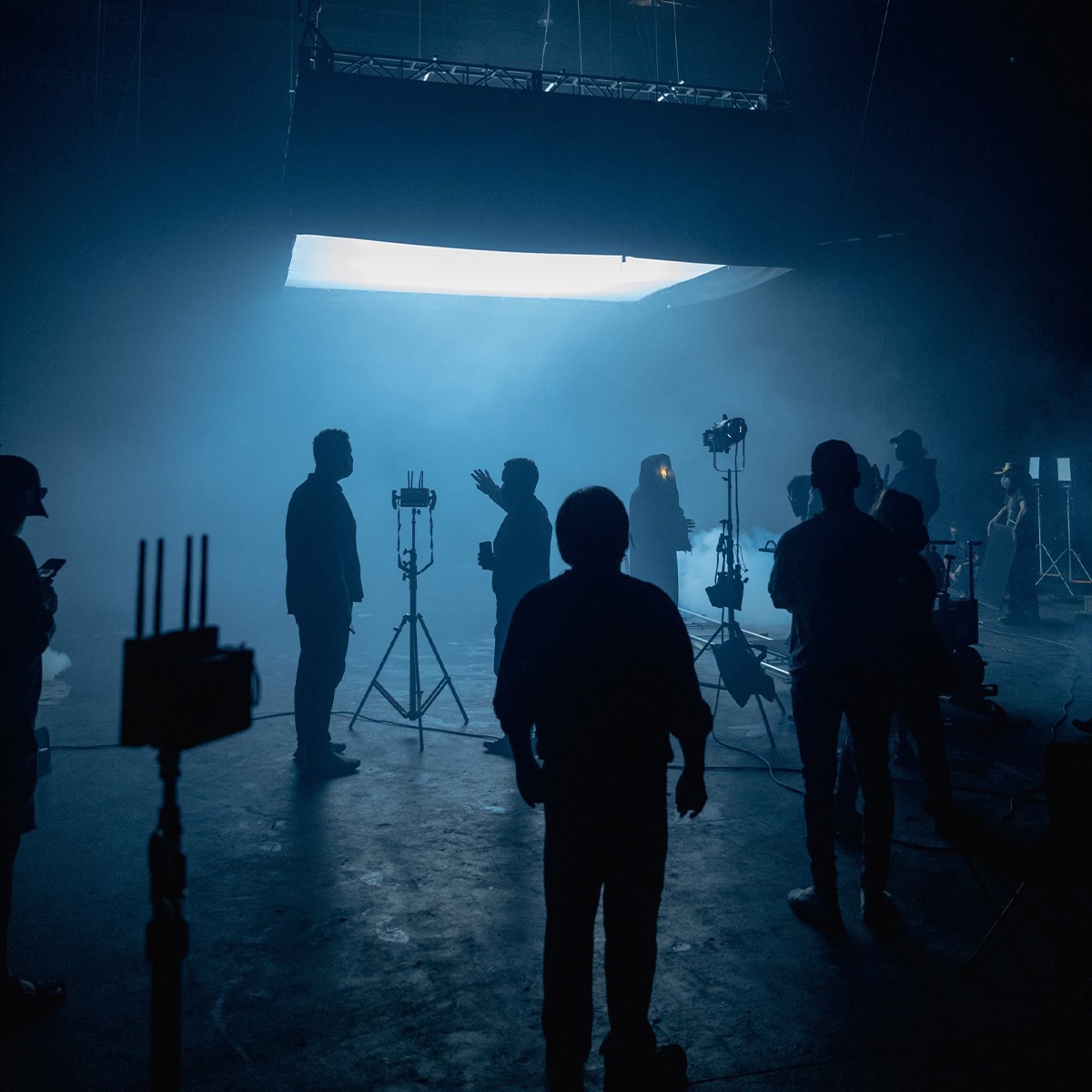Grip Department
Film Crew Position: Grip

What does a Grip do?
A grip is a vital member of the film production team, working within the grip department to support the camera and lighting departments in creating the visual look of a film. Their primary responsibility revolves around the rigging of equipment that supports cameras, including tripods, dollies, tracks, jibs, and cranes, as well as the setup of lighting equipment. They work under the direction of the key grip and collaborate closely with the director of photography to achieve the desired camera movement and lighting setups.
What role does a Grip play?
The role of a grip entails a broad range of physical and technical tasks. They are responsible for building and maintaining all the equipment that supports cameras, which can range from simple setups to complex rigs for dynamic camera movements. Grips also shape and modify lighting through the use of flags, nets, and diffusion materials. Moreover, they are crucial during on-location shoots, where they manage the safety of camera rigs and adapt to varying environmental conditions to ensure high-quality visual results.
Do you need to go to college to be a Grip?
Pursuing a career as a grip does not necessarily require a college degree. However, some grips may choose to attend film school or participate in technical courses to gain a foundational understanding of filmmaking practices and terminology. The position is more reliant on hands-on experience, on-set etiquette, and a practical knowledge of equipment and techniques. Many grips start as trainees or production assistants and learn their craft through apprenticeships and real-world experience on film sets.
What skills do you need to be a Grip?
To excel as a grip, one must possess a combination of physical strength and dexterity, technical know-how, and problem-solving capabilities. Essential skills include a deep understanding of camera and lighting equipment, the ability to follow precise instructions, and working effectively under pressure. Effective communication and teamwork are crucial, as grips often collaborate with various departments. Attention to detail and a commitment to safety protocols are also paramount in this physically demanding role to prevent accidents and ensure the smooth operation of the production.
New to filmmaking?
Get Free Template
Use our budget template to get a kick start on your film project. Get access to dozens of templates no matter what type of project!
